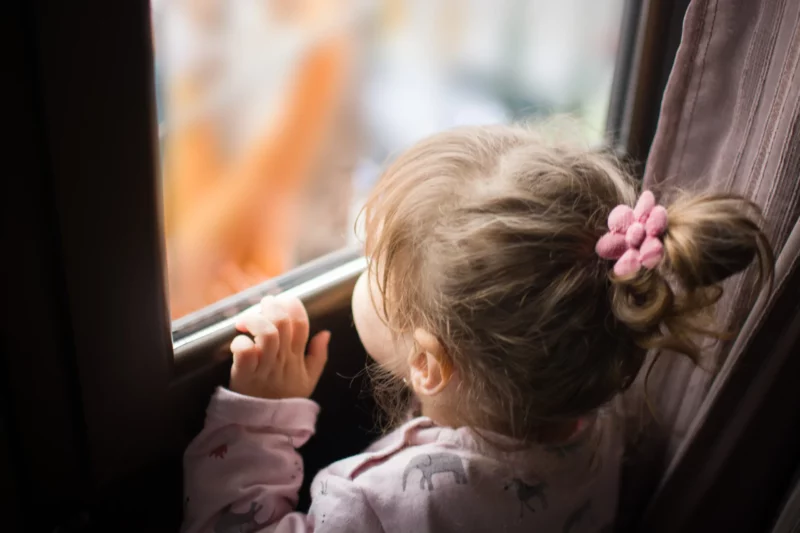Family Lawyer Carole Hack, comments on a recent judgment from the family court where the Judge had to decide the child arrangements for two brothers.
When the relationship between two parents end, whether they are still living under the same roof or not, the children usually become aware that their parents are in dispute with one another. Inevitability, this often results in children being caught in the middle and there is sometimes a reliance on them to make difficult choices about what they would like to happen.
When a Court is asked to decide on their living or other arrangements, it is important that children feel that it is their voices are heard and their views have been considered before such a life changing decision is made about them. it is important that children of sufficient understanding are not only appropriately involved in proceedings concerning them, but that they understand the decisions ultimately made about them, and the reasons behind these decisions.
Even when the Court is involved, and children are spoken to about their wishes and feelings, it does not automatically mean that their stated wishes are followed, but the important thing is that their voices have been heard.
In the case of Ms D v Mr D 2022 EWFC 164, the Judge was asked to decide on cross applications of the mother to relocate with their two children, both boys aged 11 and 8 to Somerset, or to maintain the current shared care arrangements that exist in London, which is what the father had applied for. In this case, although the children had reported that they would like to move away with their mother, the Judge decided that, whilst taking the children’s views into consideration, it was in their best interests for the status quo to remain the same and that the shared living arrangements should continue. What was unusual in this case was that the Judge wrote a letter addressed to both children explaining what he had decided and the reasons why he had made that decision, in a very child focused way. The Judge included in his letter that “I have decided you need each other – I think that you are good brothers to each other” and “I was worried that your dad might not have a full and proper role in your lives if you lived in Somerset”.
The Court had heard that that both boys found the arguments between their parents very difficult and described them as “crap”. The Judge went on to say that although it is a naughty word, he agreed that their description was right and that he had told their parents that “the crap” must stop. This hopefully sends signals to the parents that their behaviour towards each other has a huge part to play in how the children can manage the conflict between their parents in the future.
The letter demonstrates to the children that their voices have been heard and acknowledges them as being of great significance in the whole Court process, so much so that the Judge had written a letter to the children to explain how he had arrived at his conclusion. The letter also explains to the boys that it is the Judge who has made the decision and not their parents, which may help to reduce future parental conflict, whilst removing any guilt or blame that the children may feel themselves for the Court’s decision. It can be the first step in providing support for children which may be needed after such a milestone event in their lives.
For the Judge in this case to write such a personal letter to the children, explaining in child-focused language why such a decision has been made for them, should be highly commended. Will this practice be adopted by other Judges in the future who are placed in these situations daily? Is this something that can be requested of Courts in the future by the parents’ legal representatives? Only time will tell.
